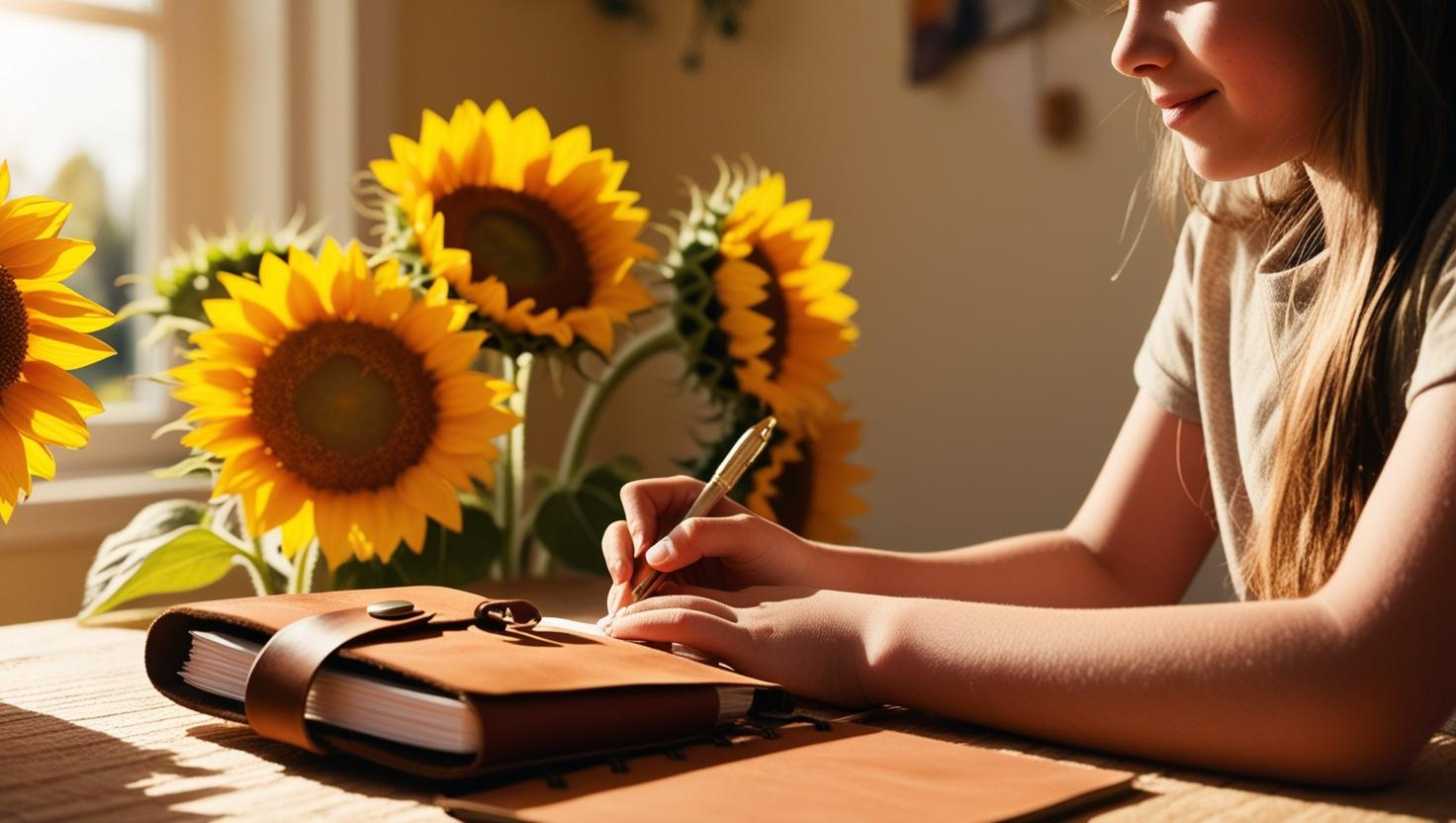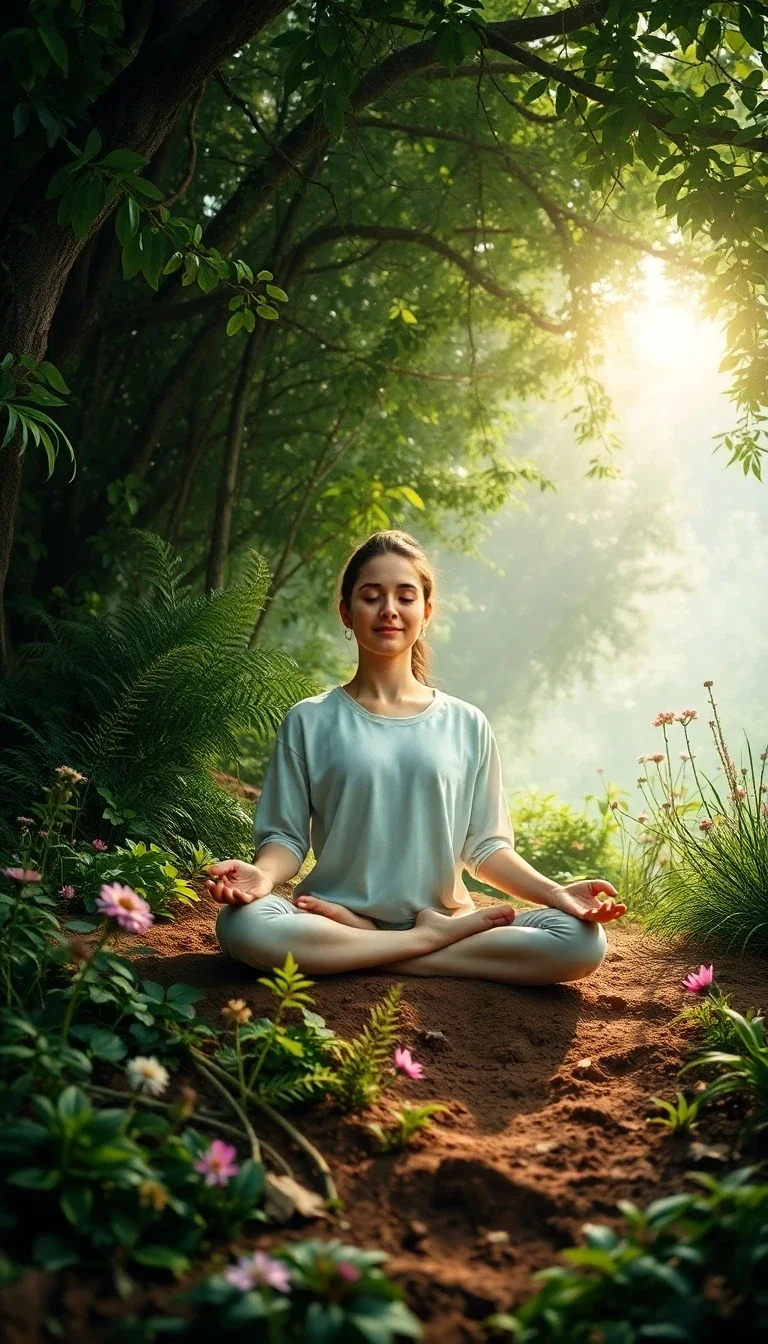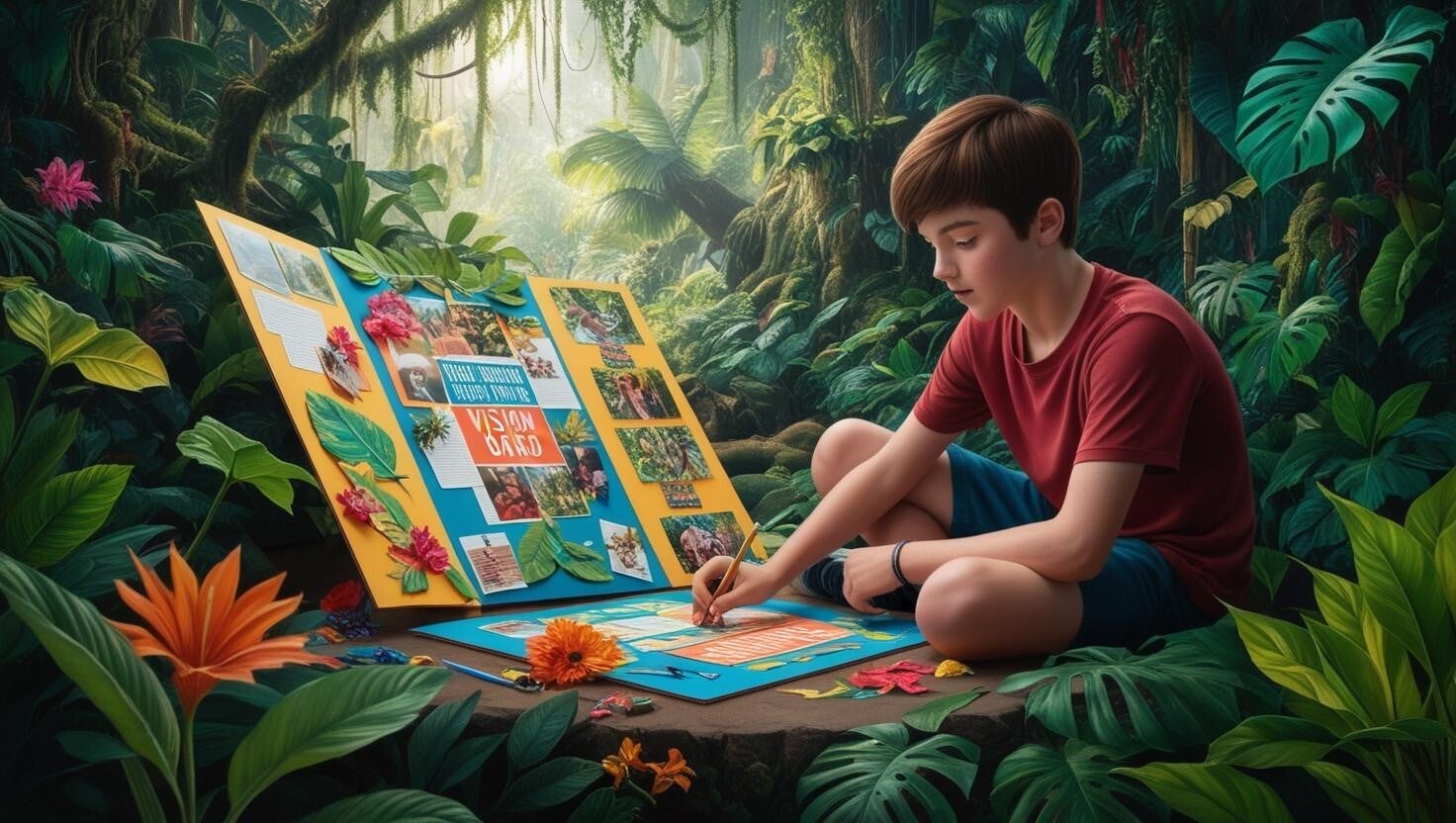Mastering Mindfulness Basics :
Building Resilience and Emotional Well-Being
Understanding the fundamentals of mindfulness is key to fostering resilience and emotional well-being, particularly in children. Through extensive research into what drives success and happiness—whether in athletes, actors, psychologists, mindfulness coaches, religious leaders, entrepreneurs, or business professionals—I discovered recurring themes. These individuals consistently highlighted a few foundational practices as crucial to their achievements and overall fulfillment.
These practices include:
- Gratitude
- Journaling
- Exercise
- Goal Setting
- Mindful Practices
The most important aspect of incorporating these practices is finding what resonates with you. Choose routines that feel authentic and sustainable, rather than overwhelming. Start small, and focus on building your habits gradually. Give yourself grace during the process—every moment is a new opportunity to begin and choose again.
This page serves as a gateway to transformative tools such as gratitude journaling, meditation, yoga, and visualisation techniques. These practices not only enhance emotional intelligence but also cultivate a strong foundation for mental health. By mastering these skills, you can empower yourself and the children in your care to navigate emotions with confidence and build a resilient, balanced life.
Let’s take the first step together toward mindful living!

Gratitude Journaling:
A Simple Practice for Positive Thinking
Gratitude journaling is a transformative practice that encourages individuals to reflect on the things they are thankful for. By taking just a few minutes each day to write down positive experiences or moments of appreciation, children can shift their focus from negativity to positivity. This simple act not only enhances mood but also fosters resilience, making it easier to cope with challenges. To get started, together name 3 things you are grateful for every morning. You can also download the RBB toolbox app or provide children with a dedicated journal where they can express their thoughts freely. Encourage them to write at least three things they are grateful for each day, whether it's a supportive friend, a beautiful day, or a favorite activity. Create some journaling prompts that can help with starting the practice. Over time, this practice can cultivate a habit of positive thinking, helping children develop a more optimistic outlook on life.
Ready to Start?
Download the App or have a dedicated journal with prompts. Start small, just a few minutes a day, and see the changes.
Because Gratitude journaling isn’t about writing amazing stories —it’s about creating a consistent practice to get to know yourself

Meditation Coaching:
Finding Inner Calm
Meditation coaching is an essential tool for helping children develop mindfulness and emotional regulation. Through guided meditation sessions, children can learn to focus their minds, breathe deeply, and find a sense of calm amidst the chaos of daily life. Start with short, age-appropriate sessions, gradually increasing the duration as they become more comfortable with the practice. Techniques such as guided imagery, active mediation or breath awareness can be particularly beneficial for children. In each session, encourage them to notice their bodies, thoughts and feelings without judgment, allowing them to cultivate a deeper connection with themselves. As children learn these skills, they'll find that they can better manage stress and anxiety, leading to improved emotional resilience.
Ready to Try?
Explore different styles of meditations like Focused Attention, Mindfulness, and Active Meditations. Start small, just a few minutes a day, and discover what works best for you.
Because a meditation practice is not about doing it perfectly—it’s about doing it consistently in your way.

Yoga:
Building Strength, Flexibility, and Inner Balance
Child yoga is a wonderful way to help kids develop physical strength, mental focus, and emotional balance—all while having fun! Through playful, age-appropriate yoga sessions, children can learn how to stretch their bodies, calm their minds, and express themselves in healthy ways.
Yoga combines movement with breathing techniques, helping children connect with their bodies and emotions. By practicing poses like the “Tree,” “Cat-Cow,” or “Downward Dog,” children not only improve their flexibility and coordination but also learn to be present in the moment. Sessions can also include storytelling, animal-themed poses, or games to make yoga exciting and relatable for young minds.
Beyond the physical benefits, yoga nurtures emotional resilience. It encourages kids to notice their feelings, breathe through challenges, and practice self-compassion—all essential skills for navigating life’s ups and downs.
Ready to Get Started?
Try a few simple poses at home, download the RBB toolbox app or join a guided class for kids. Start small—just 10-15 mins a day—and watch your child blossom in confidence, calmness, and joy.
Because yoga isn’t about how perfect the pose is—it’s about feeling good in your body and mind.

Visualisation Techniques:
Creating a Positive Future
Visualization techniques involve using the imagination to create positive mental images or creating vision boards These practices can help children develop focus, goals, confidence, reduce anxiety, and enhance their performance in various aspects of life. To introduce visualization, guide children to close their eyes and picture a scenario where they feel successful, such as acing a test or making a new friend. Encourage them to engage all their senses, imagining the sights, sounds, and feelings associated with their success. With vision boards sit down with a box of magazines and cut out anything that stands out. This could be a goal, a dream, or a picture of someone looking strong and brave. Regular practice can empower children to believe in their abilities and approach challenges with a positive mindset. By mastering visualization, they can harness their imagination to create a hopeful and fulfilling future.
Ready to Try?
Explore different styles like positive mental images, and vision boards. Discover what you like and works best for you.
Because visualisation take time —but with a consistent practice you can help create and see a more positive future.
Ready to Begin Your Mindful Journey?
Contact the RBB Toolbox Team or download the RRB toolbox app today to learn more about our mindfulness practices and how they can benefit your child’s emotional education.

